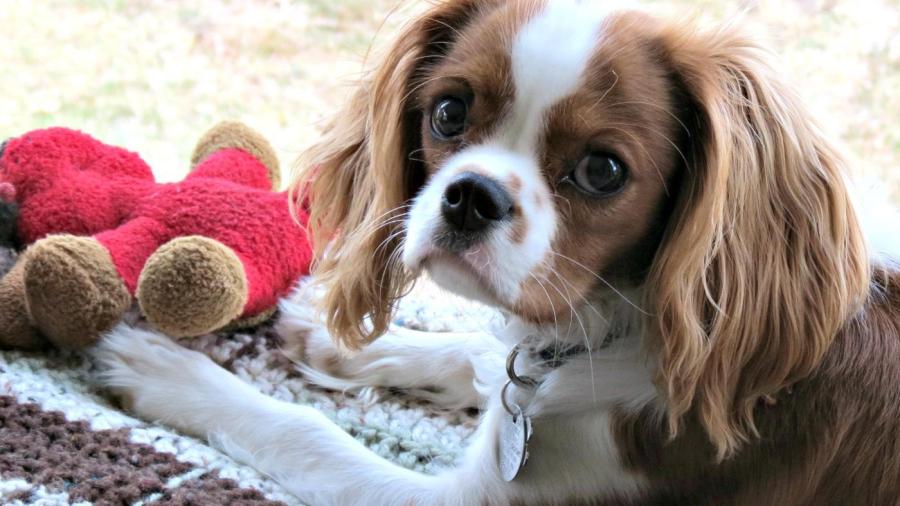How Do You Select a Teacup Cavalier King Charles Spaniel?

Because the term “teacup” refers to toy dogs smaller than breed standard rather than a true breed variation, Cavalier Health recommends avoiding breeders who claim to specialize in teacup or miniature Cavalier King Charles Spaniel puppies. An ethical breeder can provide parentage with corresponding paperwork and completed protocol for common genetic diseases, such as mitral valve disease, syringomyelia and hip dysplasia.
Cavalier King Charles Spaniels are at risk for a number of genetic diseases as well as diabetes. They are also prone to hearing and vision loss. A breeder must produce paperwork verifying that a puppy has been thoroughly screened before sale. Because the American Kennel Club does not officially recognize the teacup variation as a true breed, breeders are not held to the same rigorous health standards as they are for purebred members of the breed.
While teacup puppies naturally occur from time to time, two undersized dogs are bred together to intentionally produce teacup puppies. The diminutive size of the mother leads to significant health problems during pregnancy and the whelping process. Unethical breeders may also deliberately stunt the growth of a puppy through starvation to produce the desired size and weight. Their small size also exposes teacup dogs to a greater number of health problems than their full-size counterparts.





